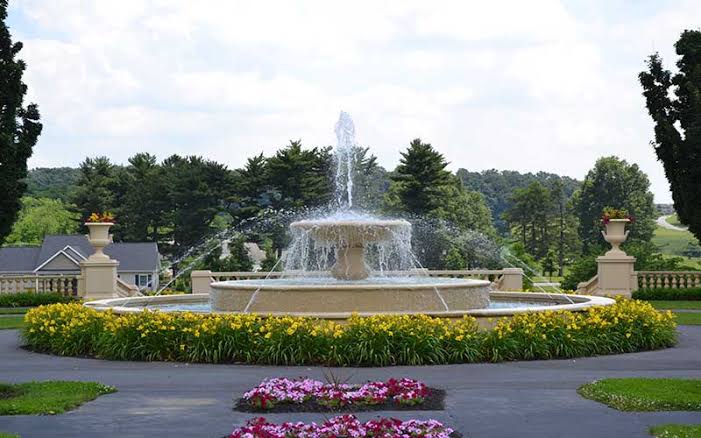The Masonic Legacy of Public Water Fountains: Purity, Service, and Civic Responsibility

Water is synonymous with life. It's a fundamental element, the sustenance of civilizations, and a symbol of purity. In the realm of historical philanthropy, the public installation of water fountains by Masonic lodges in the late 19th and early 20th centuries stands out as a gesture of remarkable benevolence and civic responsibility.
1. The Historical Context
The late 19th and early 20th centuries were transformative periods for urban communities. The Industrial Revolution had seen unprecedented migration to cities, resulting in congested living conditions and increased pressure on public utilities. Clean drinking water, a basic necessity, was often scarce. It was within this backdrop that the Masonic lodges took the initiative to install public water fountains.
2. More Than Just a Drinking Source
While the primary purpose of these fountains was to provide potable water to the public, they were more than just functional amenities. Intricately designed, often bearing Masonic symbols and inscriptions, these fountains became landmarks in their own right. They were places where communities gathered, where children played, and where weary travelers found respite.
3. Symbolism of Purity
Water, in Masonic symbolism, is emblematic of purity, clarity, and rejuvenation. By providing clean drinking water to the public, the Masons were not only addressing a vital need but also manifesting one of their core principles in a tangible form. Every sip taken from these fountains was a testament to the Masonic virtues of purity and sanctity.
4. A Testament to Service and Community Welfare
The Masonic lodges have always emphasized the ideals of service and brotherly love. The public water fountains were an embodiment of this commitment to community welfare. By funding and overseeing the installation of these fountains, the Masons showcased their dedication to bettering the lives of not just their members but the broader community.
5. Fountains Across Continents
This initiative wasn't restricted to a particular region. From the bustling streets of New York to quaint European towns, Masonic water fountains sprouted, serving as beacons of generosity and community spirit. In some towns, these fountains remain operational, while in others, they stand as historical monuments, reminders of a bygone era and the Masonic legacy.
6. Legacy and Lessons
While the advent of modern plumbing and public water utilities might have reduced the functional importance of these fountains, their symbolic value persists. They serve as enduring reminders of the role fraternal organizations like the Masons have played in shaping public infrastructure and community welfare.
Moreover, in today's age of disposable plastic and environmental concerns, these fountains can inspire a return to communal water sources, promoting sustainability and reducing plastic waste.
Conclusion
The Masonic water fountains, dotting public spaces in towns across America and Europe, are not just historical artifacts. They are symbols of civic duty, philanthropy, and the timeless virtues of purity and service. While the world has advanced leaps and bounds since the late 19th century, the lessons these fountains offer - of community, sustainability, and benevolence - remain as pertinent today as they were then. As we walk past these relics of history, it's worth taking a moment to reflect on their legacy and the ideals they stand for.



Comments ()